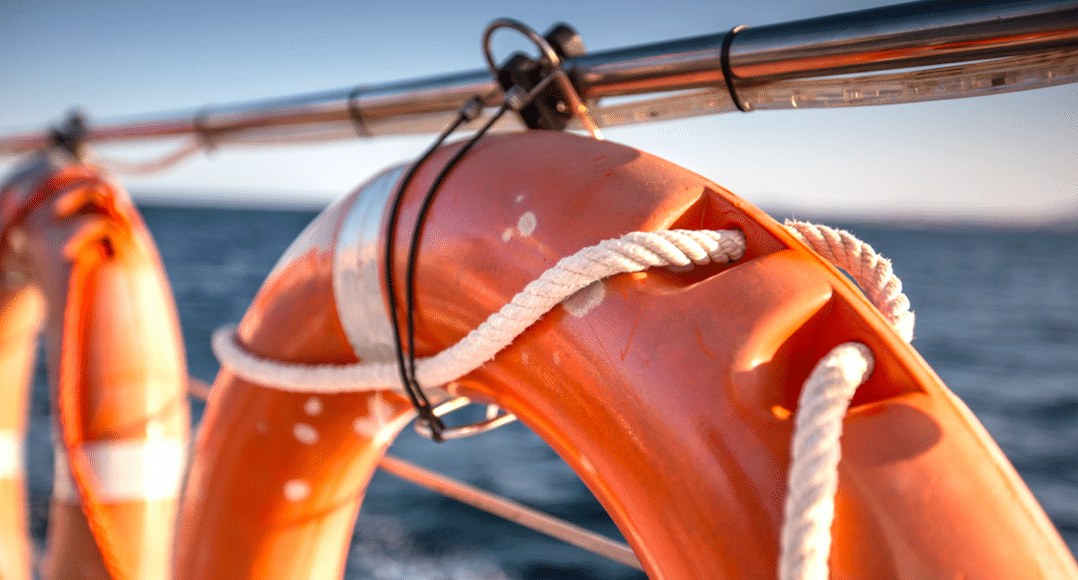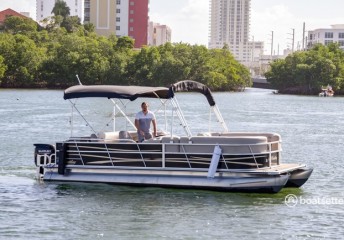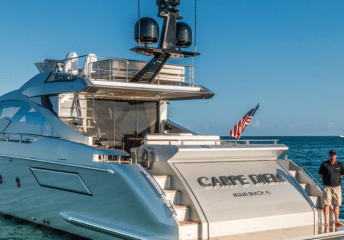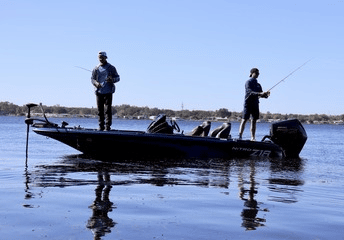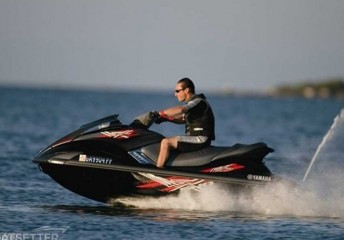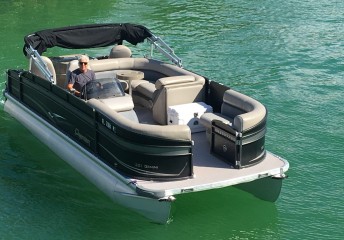How to Prepare Your Boat for Its First Boatsetter Rental
Last Updated on September 10, 2021 by Boatsetter Team
So you’ve finally made the leap and decided that you want to offset the costs of boat rental ownership by renting out your boat on Boatsetter. A great idea indeed. Since other customers of ours will be renting out your boat, it’s important to know some safety regulations and requirements before the boat can be rented on our online marketplace.
To make the process easier for you and to get your boat rented out to the best customers possible as quickly as we can, we’ve created a guide of things you should prepare for before your first boat rental. We’ve covered the things you must have on the boat by law as well as what information you will need from the renters before they board the boat. All in all, we’re here for you can we’re glad you’ve joined us on our journey to make boating affordable for everyone!
Life jackets and personal flotation devices should be aboard
According to the U.S. Coast Guard’s regulations, every boat should have at least one life jacket per person. These life jackets must be Type I, II, III, or V life jackets. If the vessel is longer than 16-feet it must also have one throwable flotation device, like a ring, which would be regarded as a Type IV floatation device. Each life jacket must be in good condition and accessible to each guest on the boat. In regards to child life jackets, each state has their own individual rules and regulations which must be fulfilled before taking the boat out on the water.
Fire extinguishers are also a must
If your boat is 26-feet or less than you must have at least one B-1 type hand portable fire extinguisher that has been Coat Guard-approved. For boats that are between 26 and 40-feet, two B-1 type or one of the B-2 type USCG approved extinguishers are required. For more information on the specific fire extinguisher requirements for different boats of different sized please refer to this rules and regulations guide from the U.S. Coast Guard.
Bells and Whistles should be in place before setting sail
Any vessel that is under 40-feet should have a working sound producing device such as a whistle or a horn that can be used in the case of an emergency or if you need to signal another boat. Boats that are over 40-feet must carry a bell and whistle onboard. It’s important to note that the mouth of the bell must be at least 7.87 inches in diameter and the whistle should be able to be heard at least ½ nautical mile away.
Ventilation in boats, built before 1980, is regulatory
Boats that were constructed before 1980 must have at least two ventilation ducts which are efficient enough to ventilate each and every closed compartment that contains a gasoline engine and a tank, except those having permanently installed tanks which vent outside of the boat and which contain no unprotected electrical devices at all. Engine compartments containing a gasoline engine with a cranking motor are required to have power-operated exhaust blowers controllable from the instrument panel that can be used to prevent hazardous situations.
You will also want to have a picture or copy of the renters personal I.D. and boating license before handing the boat over to them. For more information on the U.S. Coast Guard’s rules and regulations for boats please visit this guide here. We are happy to have you with us and look forward to giving our customers the chance to rent your boat!
